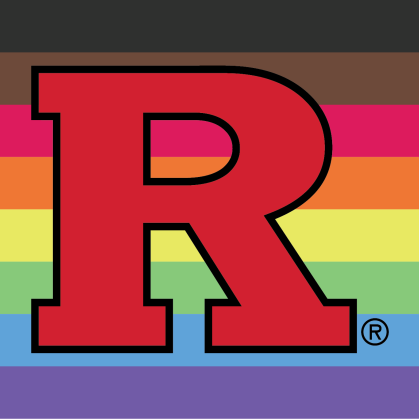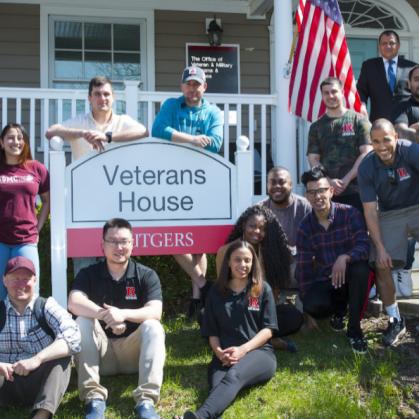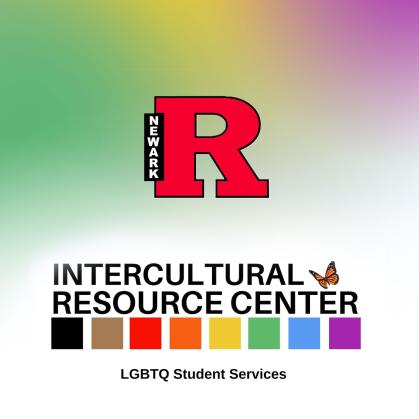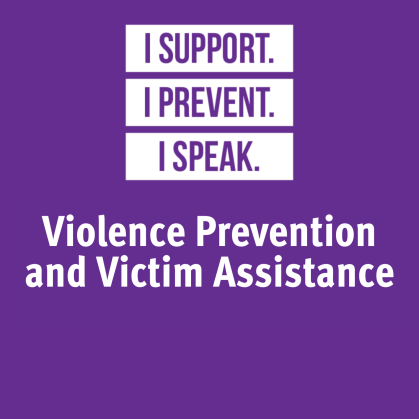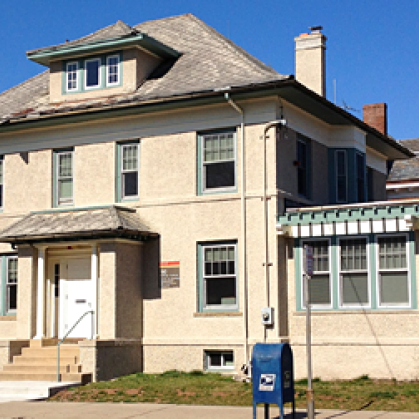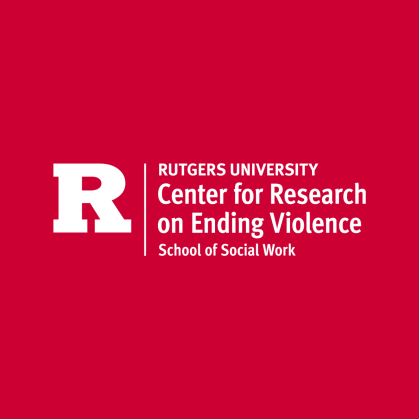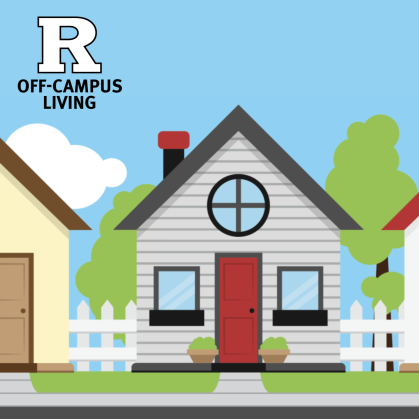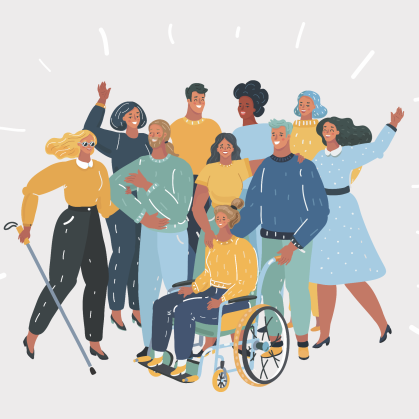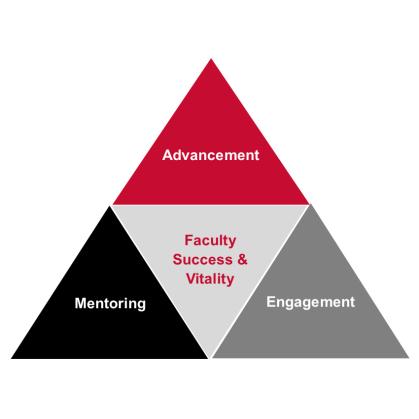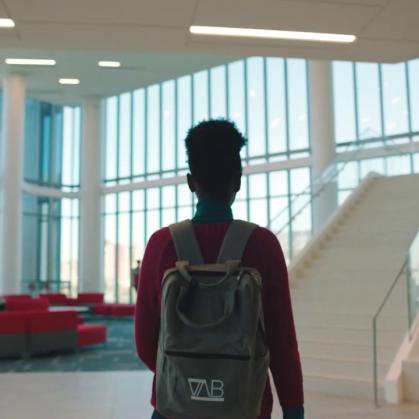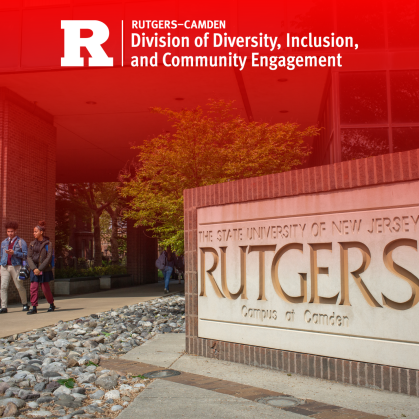The Center for Social Justice Education and LGBT Communities (SJE) provides educational and social programs, leadership development, and policy consultation for LGBTQIA and ally students, faculty, staff, and community members.

Diversity Education Network
.
The Diversity Education Network is a mechanism to amplify and extend the impact of diversity education resources university-wide by fostering collaboration, connection, and community among leaders of organizational units that advance diversity, build inclusion, and disrupt inequity.
Trainings and Workshops
Check out the resources available throughout the university to support your growth and development.
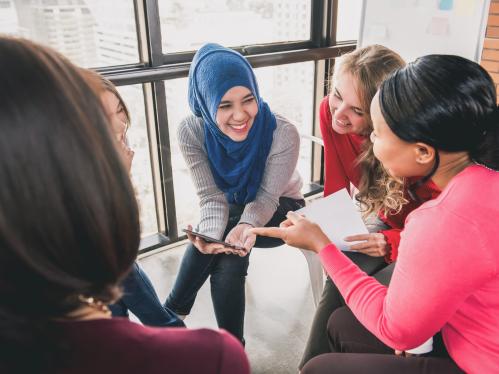
Organizational Partners
The Office of Veteran and Military Programs and Services (OVMPS) at Rutgers University works to provide a supportive environment for our military-affiliated community.
The Intercultural Resource Center (RU-N) serves as a catalyst to unite and empower individuals from LGBTQ and diverse communities toward the liberation from systematic structures of oppression. Working to make the learning experience at RU–N a rewarding journey while igniting passions for diversity and social justice.
The Office for Violence Prevention and Victim Assistance is committed to creating a community free from violence. We provide services designed to raise awareness of and respond to the impact of interpersonal violence and other crimes. Through a combination of direct service, education, training, policy development, and consulting to the University and broader community, we serve as a critical voice in changing prevailing beliefs and attitudes about violence.
The Office of Teaching Evaluation and Assessment Research (OTEAR) supports teaching and learning through a variety of areas: pedagogy and faculty development, assessment programs, instructional technologies, classroom technologies, and faculty and staff information technologies.
The Center for Research on Ending Violence has successfully established itself as a leader in research. We receive national support from key funders and collaborate with numerous organizations locally and globally. We are committed to producing innovative, multidisciplinary research, with an emphasis on evidence-based prevention and intervention strategies. The scope of our research varies from federally-funded projects to smaller local evaluations.
Rutgers Off-Campus Living and Community Partnerships is the central resource for students in the community- off-campus living, volunteering and spiritual exploration.
The Rutgers Office of Disability Services is committed to providing equal educational opportunity for persons with disabilities in accordance with the Nondiscrimination Policy of the University and in compliance with Section 504 of the Rehabilitation Act of 1973, Section 508 of the Rehabilitation Act of 1998, and with the Americans with Disabilities Acts, as Amended in 2008.
The Rutgers Center for Adult Autism Services offers adults on the autism spectrum one-of-a-kind support programs that make an independent and fulfilling life possible. Simultaneously, it advances research and ensures that each year, our graduates leave Rutgers prepared to enter careers in support of this underserved population.
The RBHS Office of Faculty Affairs works with the leadership, faculty and administrators across Rutgers Biomedical and Health Sciences (RBHS) to support an overarching goal of RBHS – to be recognized as one of the best academic health centers in the U.S., known for its education, research, clinical care, and commitment to improving access to health care and reducing health care disparities.
The Office of Civic Engagement connects Rutgers University–Camden to communities beyond the campus. Working with community partners, we support efforts to meet the challenges facing our host city, county, and region through engaged civic learning, volunteerism and service, community-based research, and integrated efforts and partnerships.
Rutgers is committed to making diversity a way of university life, where all members of our community feel welcome, valued, and respected. Rutgers–Camden students, faculty, and visitors will find resources to learn about diverse communities and their challenges, connect with peers, and receive support.
